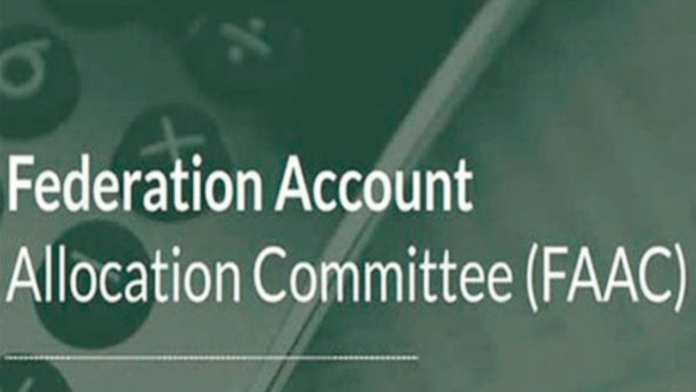No fewer than 20 states of the federation borrowed about ₦458 billion in the first half of 2025.
This comes against the backdrop of a soaring external debt servicing burden gripping state governments.
Collectively, the states spent about ₦235.58 billion on servicing external debt within the period, representing a sharp rise of ₦95.65 billion or 68.4 per cent when compared with the ₦139.92 billion recorded in the corresponding half of 2024.
According to experts, the surge underscores the mounting pressure of dollar-denominated debt repayments on state finances in the wake of the naira’s depreciation.
An analysis of the Federal Account Allocation Committee disbursement data released by the National Bureau of Statistics shows that a total of ₦10.13 trillion, including statutory revenue, Value Added Tax, Electronic Money Transfer Levy and Exchange Rate Difference, was shared among the three tiers of government in the first half of this year.
Out of this, the states received ₦3.425 trillion, a 42.96 per cent increase from the ₦2.396 trillion they got in the first six months of 2024.
In H1 2024, the states received ₦379 billion in January, ₦366.9 billion in February, ₦396.8 billion in March, ₦403 billion in April, ₦388.4 billion in May, and ₦461.97 billion in June.
But in the same period this year, allocations surged to ₦590.6 billion in January, ₦562.19 billion in February, ₦530.45 billion in March, ₦556.74 billion in April, ₦577.84 billion in May, and ₦607 billion in June.
Despite the higher inflows, an analysis of states’ Q2 budget implementation reports showed that about 20 of them still resorted to fresh borrowings, both foreign and domestic, amounting to ₦457.66 billion in the first half of 2025.
Leading the pack is Oyo State, which took a ₦93.4 billion domestic loan, followed by Kaduna and Lagos, which took ₦62 billion (foreign) and ₦50 billion (domestic) loans, respectively.
States that took foreign loans include Gombe (₦20.3 billion), Zamfara (₦28 billion), Katsina (₦20.7 billion), Kebbi (₦7.4 billion) and Jigawa (₦10.98 billion).
While Bauchi took both domestic and foreign loans totalling ₦26.3 billion, Borno, Taraba, Sokoto, Niger, Kwara, and Ekiti borrowed ₦18.2 billion, ₦18.7 billion, ₦15 billion, ₦25.8 billion, ₦2.18 billion and ₦19.8 billion respectively in foreign loans.
The foreign loan list also includes Ondo (₦5.6 billion), Abia (₦7 billion), Ebonyi (₦10.9 billion) and Enugu (₦10.7 billion).
Analysts warn that the continued reliance on foreign loans exposes states to even greater fiscal risks in the face of a weakening naira.
“Since most of the debts are dollar-denominated, every depreciation of the local currency automatically inflates repayment obligations, forcing states to channel a larger share of their revenues into debt servicing at the expense of development projects,” says a Professor of Economics at the Ekiti State University, Taiwo Owoeye.
Beyond repayment costs, Owoeye noted that heavy external borrowing also undermines states’ financial autonomy.
“By taking on more foreign obligations, many states risk mortgaging future federal allocations to meet repayment schedules, leaving them with little room to respond to emergencies or fund critical sectors such as health, education, and infrastructure,” he explained.
The PUNCH



